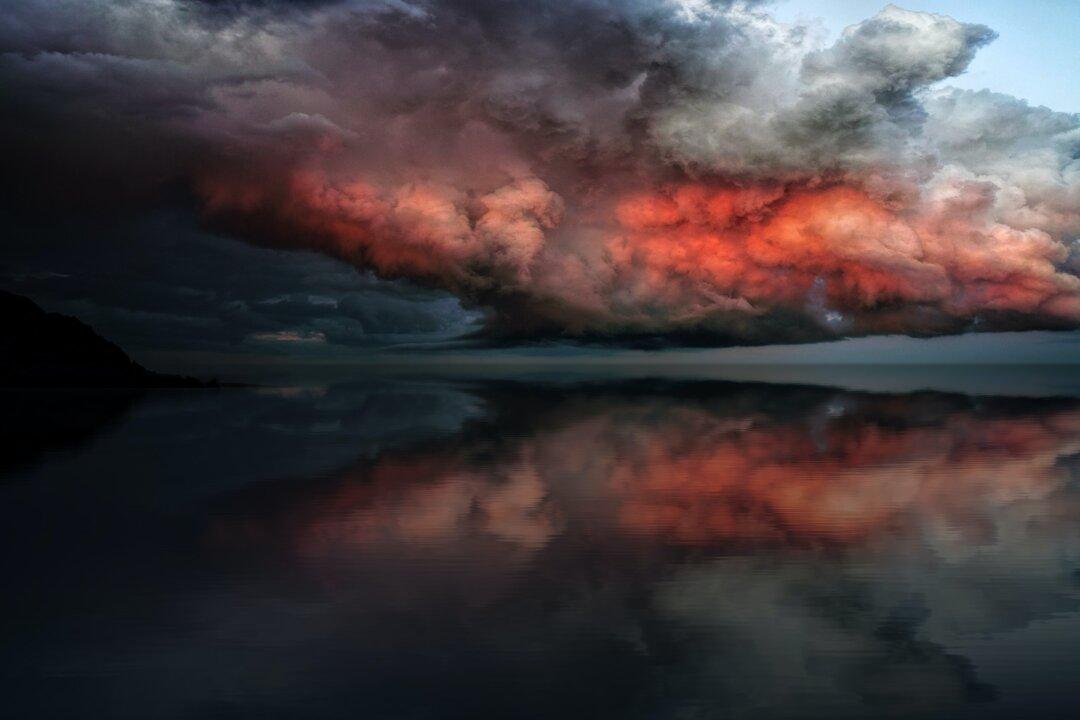Commentary
More than ever in my life, we approach Christmas and the new year with a sense of impending doom of some uncertain sort.

More than ever in my life, we approach Christmas and the new year with a sense of impending doom of some uncertain sort.